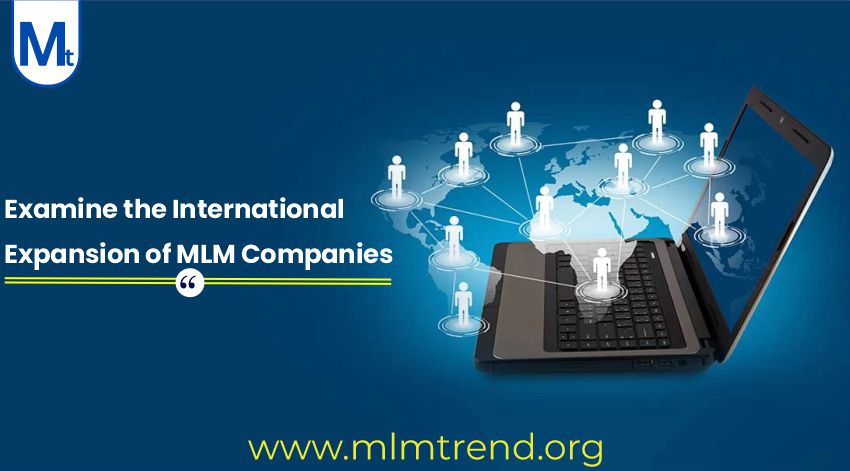Examine the International Expansion of MLM Companies

Examine the International Expansion of MLM Companies
Multi-Level Marketing (MLM) companies have gained significant prominence in the business world, thanks to their unique business model. These companies not only expand within their home countries but also venture into international markets to tap into new consumer bases and revenue streams. However, this global expansion comes with its own set of challenges, including adapting to diverse cultures and regulatory environments.
Understanding MLM Companies
Before delving into their international expansion, let's briefly understand MLM companies. They rely on a network of distributors or independent salespeople who earn commissions through direct sales and recruitment of new distributors. This business model has gained popularity due to its potential for both individuals and the company itself to profit.
Challenges of International Expansion
Expanding MLM operations to international markets presents unique challenges. Here are some key considerations:
- Cultural Differences: MLM companies must understand and respect cultural nuances in various regions. What works in one country may not be effective in another, and the marketing and recruitment strategies may need to be tailored accordingly.
- Regulatory Compliance: Every country has its own set of regulations governing direct selling and MLM businesses. Companies must navigate these legal frameworks to ensure they are compliant with local laws. This often involves obtaining licenses and adhering to specific rules and reporting requirements.
- Product Localization: MLM companies often need to adapt their product offerings to suit local tastes and preferences. This may require changes in packaging, branding, and even the introduction of region-specific products.
- Communication and Language: Effective communication is crucial. MLM companies may need to provide marketing materials, training, and support in multiple languages to reach a broader audience and engage distributors effectively.
Adapting to Different Cultures
Adapting to different cultures is essential for MLM companies. They should:
- Conduct Cultural Research: In-depth research into the target culture's values, traditions, and social norms is vital. This information can guide marketing campaigns and strategies.
- Localize Marketing Materials: Create culturally sensitive marketing materials and content that resonate with the local audience. This may involve using region-specific imagery, language, and messaging.
- Cultivate Relationships: Build and maintain strong relationships with local distributors who have a deep understanding of the culture and can bridge the gap between the company and consumers.
- Legal Expertise: MLM companies should engage legal experts familiar with local laws to ensure compliance. This might include setting up robust contracts, addressing taxation issues, and understanding import/export regulations.
- Transparent Business Practices: Emphasize transparency and ethical business practices, which can help build trust with regulators and local authorities. This includes providing accurate income disclosure statements and abiding by consumer protection laws.
- Educating Distributors: Train distributors about local laws and regulations to ensure they conduct their business activities within legal boundaries.
Adapting to Regulatory Environments
Adhering to diverse regulatory environments requires meticulous planning:
Conclusion
Expanding MLM companies internationally is a complex yet rewarding endeavor. Success requires a deep understanding of the culture and regulatory landscape of each new market. By adapting their strategies and respecting local laws and customs, MLM companies can thrive and establish a global presence.